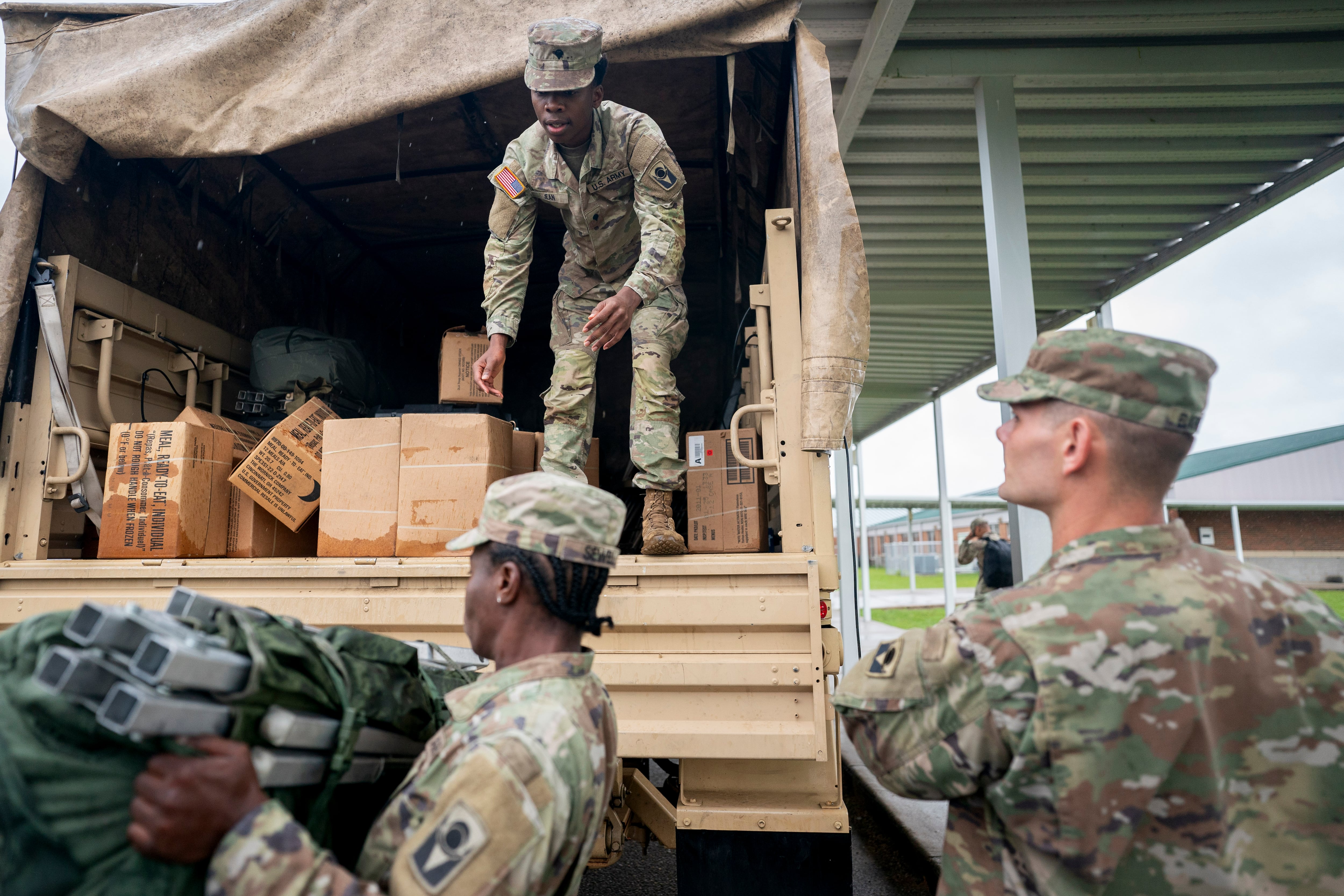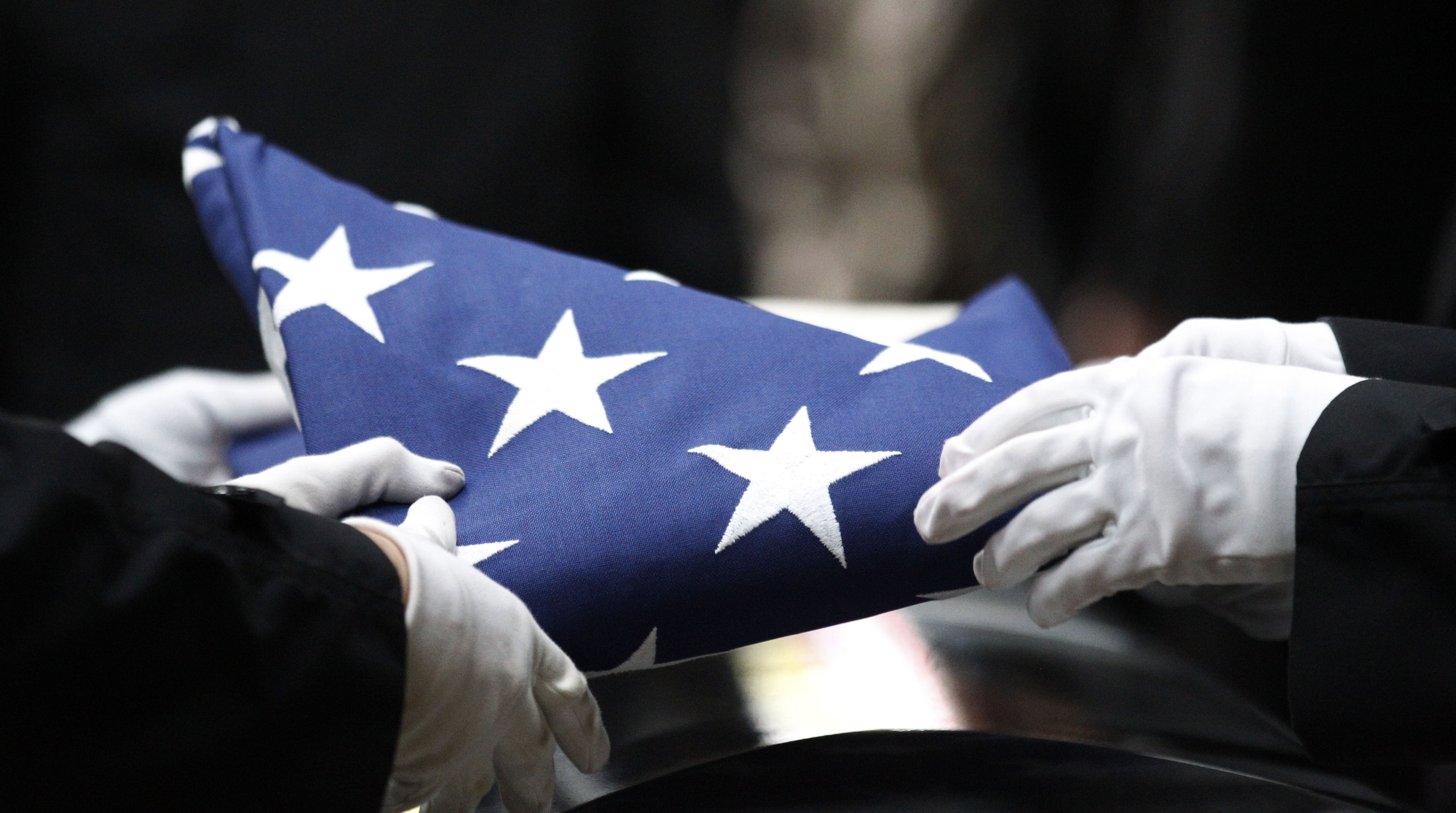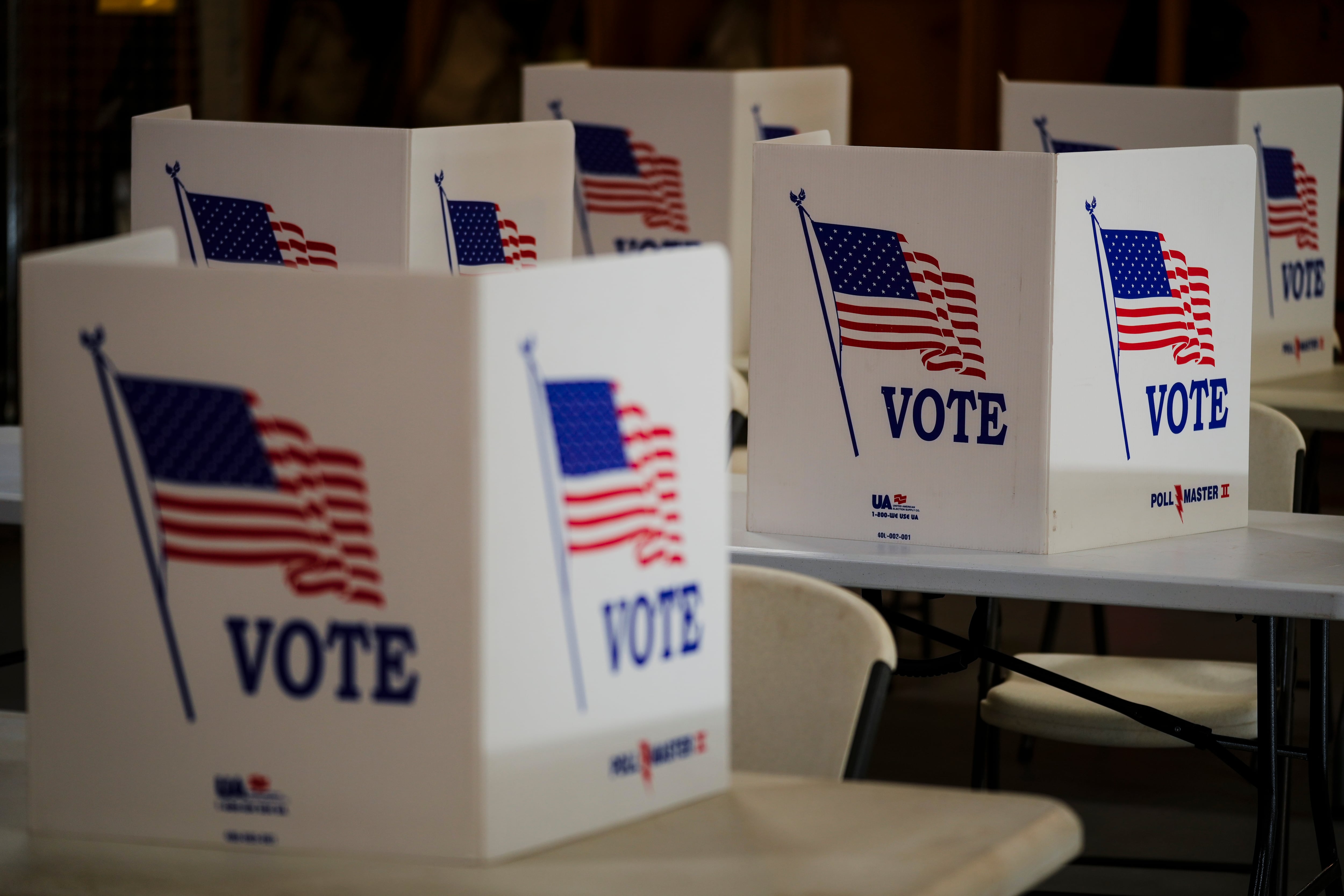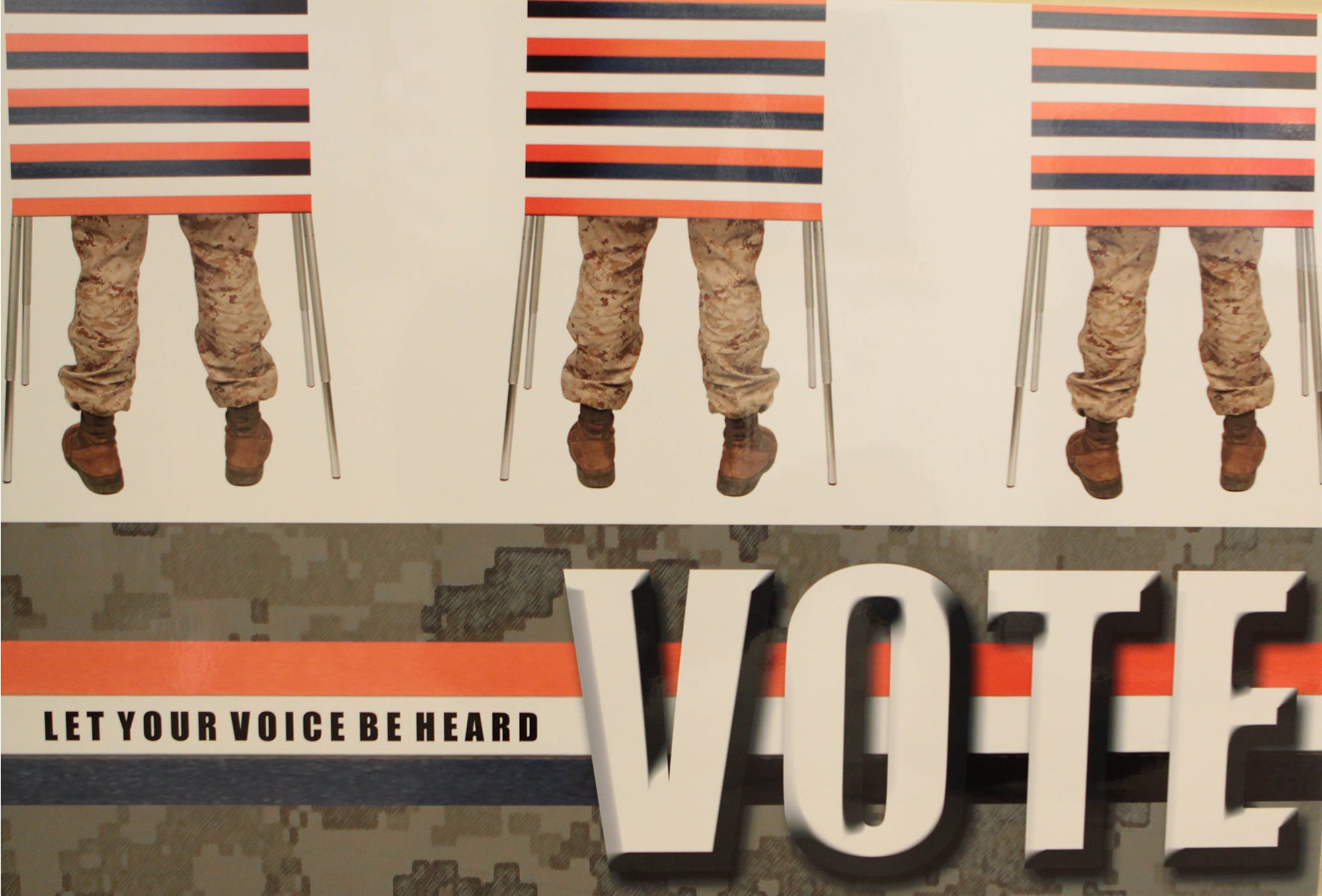Sailors may see some additional leave appear on their Leave and Earnings Statement this month — the result of a special leave accrual policy implemented earlier this year in response to the COVID-19 pandemic.
Unlike previous years, where leave exceeding 60 days must be forfeited, sailors who earned additional leave between March 11 and Sept. 30 can save up to 120 days of leave and have until Sept. 30, 2023, to use it, the Navy said.
There’s no need for sailors to take action to ensure they are entitled to the additional leave. The Defense Finance and Accounting Service is tracking the leave and sailors will see the additional time off marked as “CZ leave carry over bal” in their Leave and Earnings Statement by Oct. 31.
“This remark will no longer appear on an LES once an accrued leave balance is reduced to 60 days or less, or when the expiration date is passed,” the Navy said in a recent news release.
Leave that was acquired after Sept. 30 does not fall under this policy and will cap out at 60 days.
Sailors who earned more than 120 days by the end of fiscal 2020 on Sept. 30 will only carry over 120 days of leave, and any remaining leave that exceeds 60 days after Sept. 30, 2023, will no longer be available.
RELATED

The changes in leave policy stem from a special leave accrual directive that Secretary of Defense Mark Esper approved in April for all service members. That’s because many service members' ability to take leave was inhibited by the COVID-19 pandemic and subsequent travel restrictions.
“Leave is vital to the continued health and welfare of our service members and civilian workforce and is key to the secretary of defense’s first priority in responding to COVID-19 ― protecting our service members,” Matthew Donovan, the defense undersecretary for personnel and readiness, said in an April memo.
The leave’s accrual dates are not impacted by other leave authorizations sailors might have had to rack up additional leave, including leave they earned during deployments to hostile fire pay or imminent danger pay zones.










